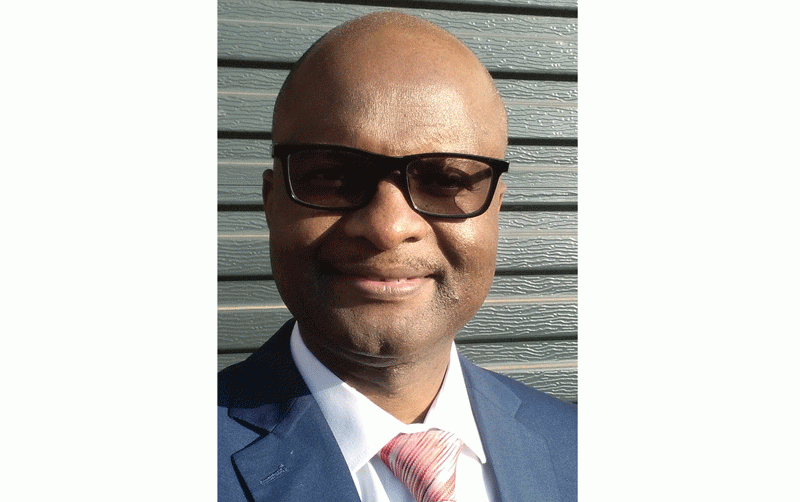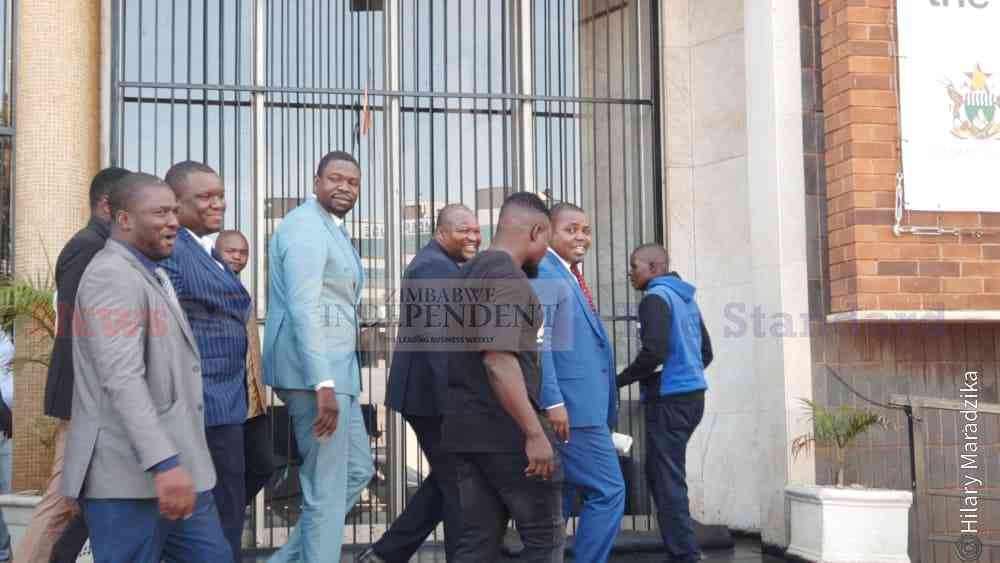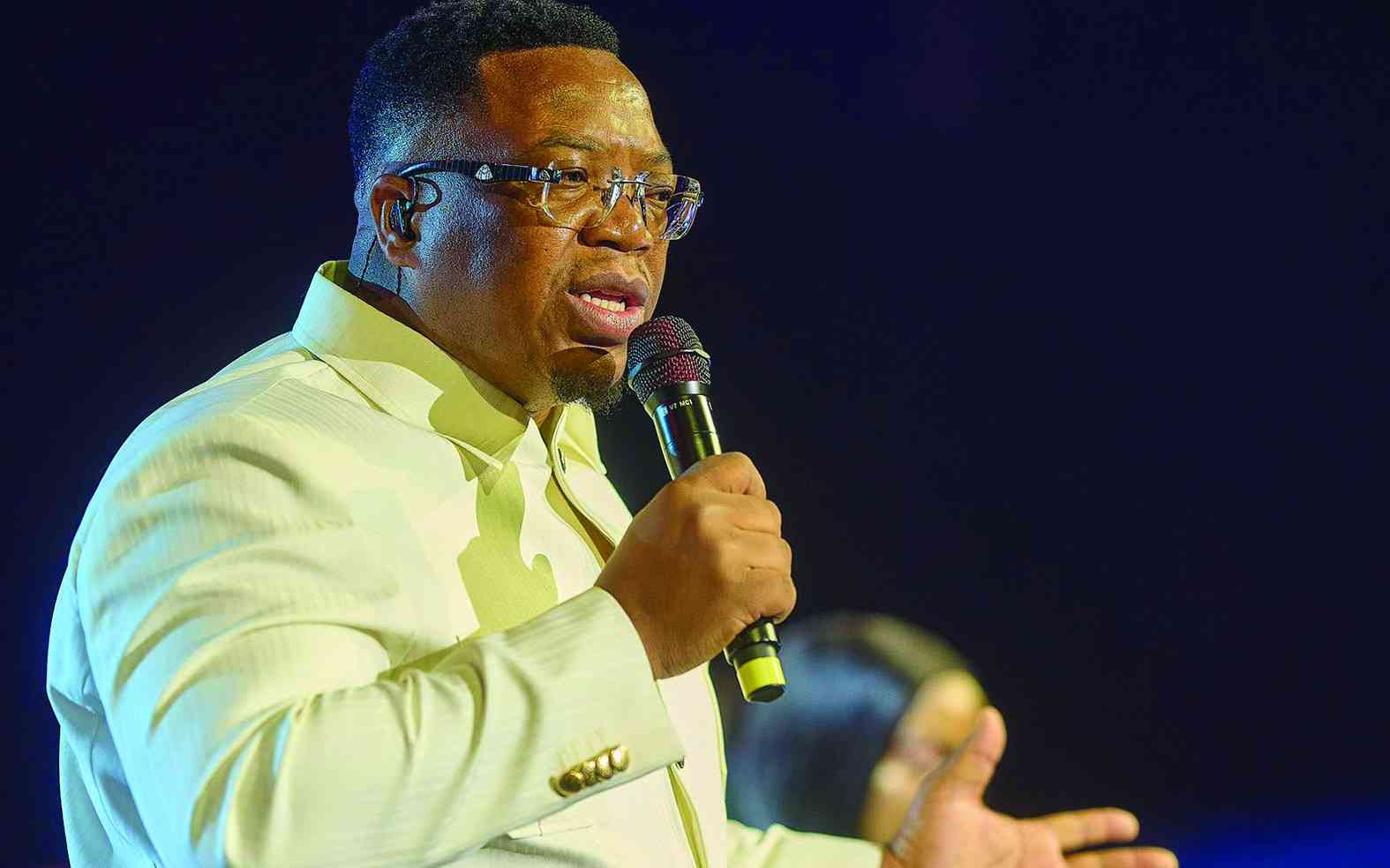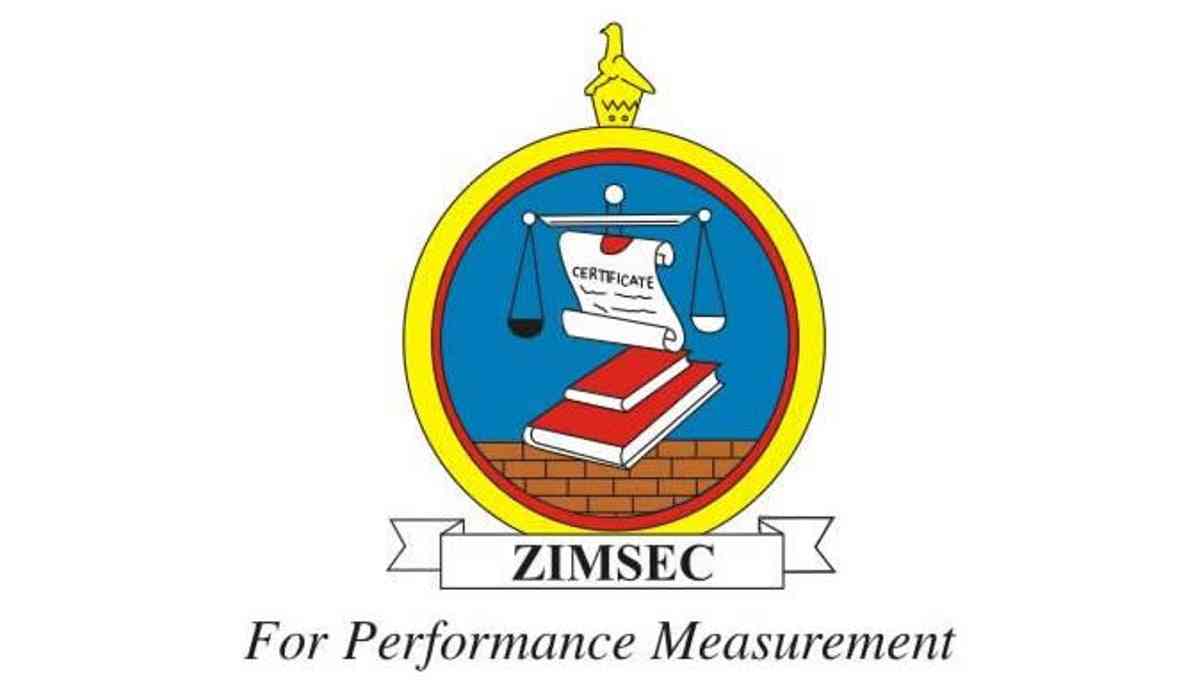
ON August 20, through a motivational speech titled Ndini, Cyril Junior Dim won the Toastmasters World Championship Public Speaking for 2022. This was a remarkable achievement, not least because the competition involved 30 000 participants from 144 countries.
It took a lot of courage for Cyril to share his personal experience in that speech and in the same vein, speak on behalf of millions in similar circumstances. In addition to an excellent style of delivery, the speech was just as sobering as it was satirical.
The storyline
Cyril, a Zimbabwean, walks on the stage and for a moment looks at the contest chair then turns to the audience with his opening remarks. He starts off by explaining the meaning of the Shona word, “Ndini”, which was the title of the speech. It means: “This is me.” It’s a story about the way he grew up, and the way he struggled to embrace the native middle name which he was given by his Nigerian father, a name that other kids at school would make fun of. The name was apparently long and did not sound “cool” as he put it.
Although he never knew his father, he always questioned his mother as to why he was given that name. He hated it because it made him look different, although his mother explained that it was a special name. As soon as he turned 18 years, he made sure that the middle name was removed from all his documents.
The turning point
Having travelled to eastern Europe for further education, Cyril felt even more different. He explains that he felt like a “fly in the milk”. It was not until he met another “fly in the milk” — a fellow student from Congo — that the turning point came about. Cyril stumbled upon his friend’s identity card, and to his amazement, he also had a native middle name. His friend was very proud of the name and deemed it very special. That was the time it dawned on him that it was okay to be different as he reflected on why he had dropped his own name. In that very moment he decided he was going to reclaim his name and use it. So, he said to himself: “Ndini,” as he accepted who he was.
The lessons
The lessons are far-reaching, and there are for a diverse audience. The speech highlighted that we are all different, and that there could be some aspects about our lives that we may not be comfortable with.
That could be our physical appearance, the family we come from or any other condition. The lesson is to embrace diversity, accept who we are and in the process make “Ndini” part of our vocabulary. A popular quote says: “When life gives you lemons, turn them into lemonade.” The very name that Cyril’s classmates would make fun of, is the name that he would go on to reclaim on the world’s stage and proclaim how beautiful it was.
Peer pressure and the feeling of wanting to be accepted often drives many to go against their convictions. Cyril’s case is not isolated. It is no wonder some Zimbabweans who have gone abroad, have changed their identities for various reasons. Some are no longer comfortable to speak in Shona. A joke used to go around in my school days that Tiger Woods is actually a Zimbabwean whose original name was Tigere Mapuranga, a Shona name that can be loosely translated to say “we live in timber”. Yes, Cyril’s personal experience resonates with many, and his call was clear: “Be yourself!”
The school years
In my primary school years, we had a student who had eyes that were deemed too big, and his classmates nicknamed him “ma globe”; making reference to light bulbs. He was undeterred. He went on to represent the school as a goalkeeper, and showed that he was happy with who he was.
Public speaking
Last, but not least, I had my own personal experience in high school. I had enrolled for the inter-house public speaking competition. The first part of the competition involved students making prepared presentations, but it was the second category that would prove to be more challenging. It was called the “Impromptu Speech” category. I struggled with the topic that I was given and the only take away was the laughter from the students, after I made a grammatical error in presentation.
The laughter was deafening. It was a difficult moment. I attained the 4th position out of six competitors. The choice was either to quit or to turn lemons into lemonade. I chose lemonade. I am still active in public speaking and recognise that english will always be my second language, and I am prone to mistakes.
I will not compare myself with Cyril and I may not achieve the Toastmasters World Championship of Public Speaking title in my lifetime, but then, this is me. Ndini! I am here to inspire others to achieve their best. Our greatest joy does not come from competing or comparing ourselves to others. As Norman Vincent Peale once said: “Competing with oneself, ever trying to improve present performance is the highest form of competition.”
Let us embrace diversity and appreciate the way we were created by the Almighty, Jehovah God.










